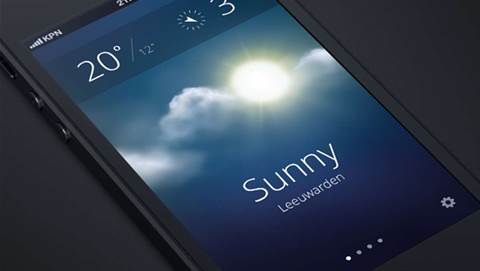Over 20,000 myGov users have set up passkeys to log into their accounts since the capability went live last week.

Late last year, government services minister Bill Shorten unveiled plans to implement passkeys for myGov, removing the need for username-password credentials that are often the target of phishers.
The capability was launched at the end of last month.
On the user side, passkeys rely on the biometric capabilities of the user’s device or a PIN or swipe pattern on the screen.
Alternatively, they can be a physical USB device that is “inserted into or [kept] close to the device” used to sign into myGov.
Shorten said in a statement that myGov “is among the first digital government services in the world to implement passkeys.”
“I am proud that myGov is leading the way for Australian government services with passkeys now available to make accounts safer,” he said.
“Using a passkey and turning off your myGov password as a sign-in option makes it harder for scammers to access accounts using stolen usernames and passwords.
“Once you’ve created your passkey, you can sign in to myGov the same way as you would to unlock your device, using fingerprint or facial recognition, a PIN or swipe pattern.”
Shorten added that “within days of passkeys being available on myGov, over 20,000 Australians have already created a passkey for their myGov account.”


.jpg&h=140&w=231&c=1&s=0)



















